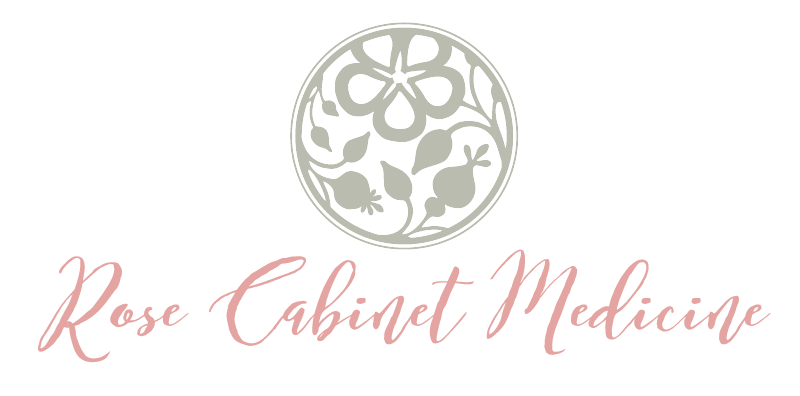Dr. Rose’s Perspective
The idea behind the SCD is that we want to eliminate the foods that the bacteria thrive on which consist of carbohydrates including starch (grains, beans, starchy vegetables), soluble fiber (grains, beans, vegetables, fruit), prebiotics (often added to your probiotic supplements as “food for the bacteria”, look for inulin, FOS), sugars (fruit, all added sweeteners). While this list may seem prohibitively restrictive, as Kristy has shared it IS possible to eat beautiful, delicious, fulfilling meals with COMPANY! Possibly 80% of IBS sufferers really have SIBO. Read more research HERE. Wouldn’t you rather know what you can do about it? In my experience if you have SIBO you will need antibiotics or herbs to eradicate the problem bacteria along with modifying your diet. Also important is looking to find the cause of the imbalance to begin with: motility problems related to nerve damage or medications, gastroenteritis, diabetes. We are learning more every day about the connection between our micro-biome and our health: immune health, mental health, digestive health. Using food to influence the balance of bacteria in our system is one way that we can influence every cell in our body!
Where I am Now (Kristy's update)
I am now SIBO free! While I’m extremely grateful and excited about this, I also realize there’s continual work and maintenance to be done. I receive weekly hydrotherapy sessions from Dr. Rose that will have a positive effect on my general gut motility and the vagus nerve specifically (instrumental in gut health). I’m follow a loose SCD, which means I generally avoid grains, heavy starches, lactose and sugar but can still go to a restaurant and not ask a waiter a million questions - fantastic! I’ve begun to add a bigger repetoire of fruits and vegetables back into my diet. Some of this is trial and error and I’m trying to balance my new found freedom with the knowledge that I am still healing and may always have a somewhat sensitive system. My journey has been a mixture of learning, healing, and becoming a key advocate of my health. I am grateful to be on this journey with several brilliant and caring doctors, Louise Rose being one of the most instrumental. Her natural curiosity and scientific knowledge mixed with empathy and compassion have supported me in both my physical and emotional well being. And lucky for me, she isn’t just a SIBO specialist but she also focuses on general health so we’ll be able to continue to work on my wellness together.
Thank you Kristy, for introducing my patients to this area of new research and sharing your personal story. I'm sure so many people can relate to your experiences!


